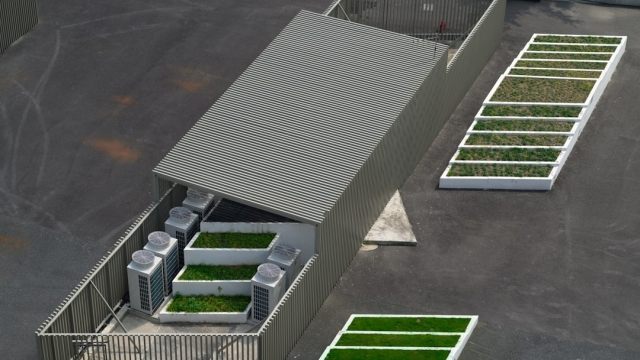
Overview of Sustainable Energy Practices
As concerns about climate change and environmental degradation continue to rise, the importance of adopting sustainable energy practices has never been more critical. These practices not only mitigate the adverse effects of fossil fuel consumption but also promote a healthier planet for future generations. By embracing renewable energy sources and making informed choices about energy consumption, individuals and businesses can play a significant role in the transition to a more sustainable future.
Overview of Sustainable Energy Practices
Sustainable energy practices encompass a variety of methods aimed at reducing the carbon footprint and conserving natural resources. These practices include utilizing renewable energy sources such as solar, wind, and hydroelectric power, as well as improving energy efficiency in homes and businesses. At the core of these initiatives is the goal of minimizing environmental impact while meeting the energy needs of society. By implementing these practices, communities can foster resilience against climate change and improve overall quality of life.
Benefits of Solar Energy Solutions
One of the most impactful sustainable energy practices is the adoption of solar energy solutions. Solar power harnesses the energy from the sun, converting it into electricity or heat for residential and commercial use. The benefits of solar energy are numerous:
- Renewable Resource: Solar energy is abundant and inexhaustible, making it a reliable source of power.
- Reduced Energy Bills: By generating their own electricity, homeowners and businesses can significantly lower their utility costs.
- Low Environmental Impact: Solar power generation produces no greenhouse gas emissions, contributing to cleaner air and a healthier environment.
- Job Creation: The solar industry creates jobs in manufacturing, installation, and maintenance, bolstering local economies.
Many communities around the world have successfully integrated solar solutions. For instance, a small town implemented a solar farm that not only provided energy for local residents but also generated revenue through the sale of excess power back to the grid. This model illustrates how community-driven solar initiatives can effectively promote sustainable energy practices while enhancing local economies.
Advantages of LED Lighting in Sustainability
Another significant aspect of sustainable energy practices is the use of LED lighting. Traditional incandescent bulbs consume large amounts of energy and have a shorter lifespan compared to LEDs. Switching to LED lighting offers several advantages:
- Energy Efficiency: LED bulbs use up to 80% less energy than incandescent bulbs, leading to substantial energy savings.
- Longevity: LEDs have a longer lifespan, lasting up to 25,000 hours or more, which reduces the frequency of replacements.
- Reduced Heat Emission: LEDs emit very little heat compared to traditional lighting, which contributes to lower cooling costs in buildings.
- Versatility: LED technology offers a wide range of applications, from residential to commercial and industrial settings.
For example, a large office building that switched to LED lighting not only saw a decrease in its energy expenses but also improved the overall work environment due to better light quality. This change exemplifies how businesses can adopt sustainable energy practices to enhance operational efficiency and employee satisfaction.
Actionable Tips for Adopting Sustainable Energy Practices
Individuals and organizations looking to implement sustainable energy practices can take several actionable steps:
- Conduct an Energy Audit: Assess energy consumption patterns to identify areas for improvement and potential savings.
- Invest in Renewable Energy: Consider installing solar panels or supporting local renewable energy initiatives.
- Upgrade to Energy-Efficient Appliances: Replace old appliances with energy-efficient models to reduce energy consumption.
- Utilize LED Lighting: Transition to LED lighting throughout your home or business to significantly lower energy use.
- Educate and Advocate: Share knowledge about sustainable practices with others and support policies that promote renewable energy adoption.
By incorporating these practices into daily life, individuals and businesses can contribute to a more sustainable future. Understanding and implementing sustainable energy practices not only benefits the environment but also leads to long-term economic advantages. For more information on effective sustainable energy practices, visit Alltop Group.




